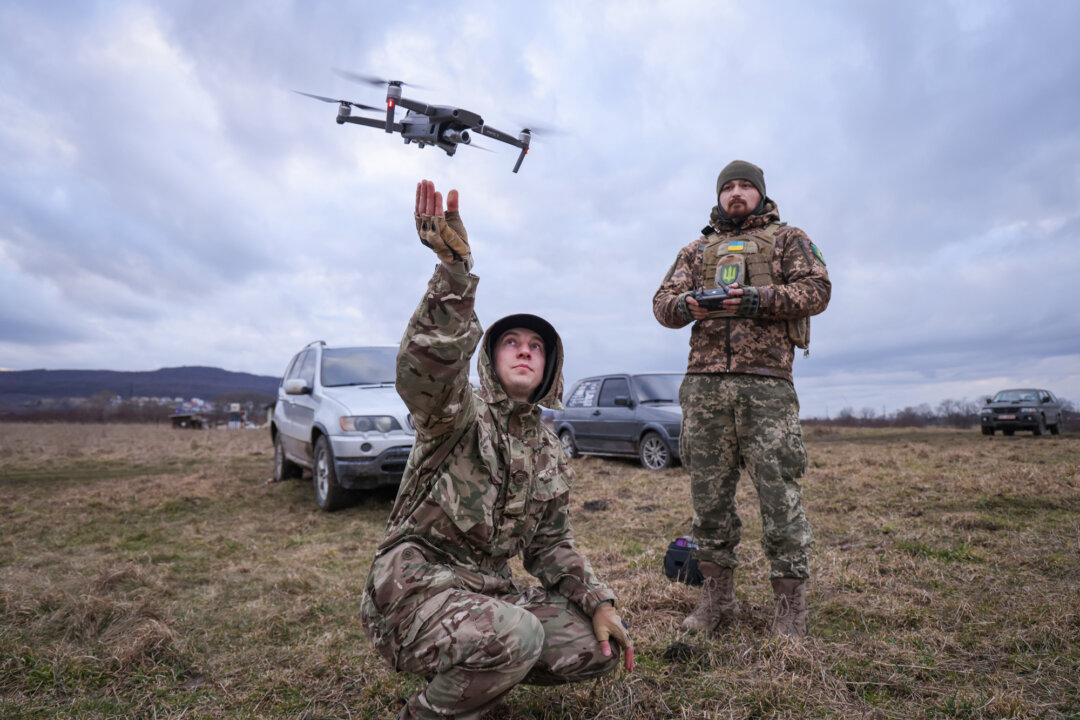Commentary
National security is the textbook case of a subsidized public good—taxpayer-funded, centrally coordinated, and traditionally insulated from market prices. Ukraine’s wartime economy, however, offers a powerful counterpoint: a state-dominated sector that uses market-like incentives and achieves faster, cheaper, and higher-quality results. Western governments are rushing into a new age of rearmament—so if public funds must be spent, the most critical question is how to spend wisely.

